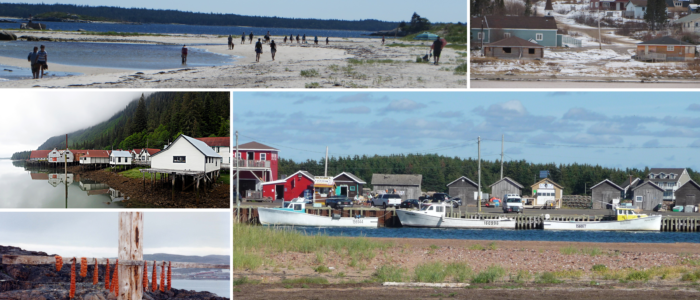16 May Coastal Communities Face the Future
Coastal Communities Face the Future is a new short film looking at how Canada’s coastal communities face the future, create solutions and take action, inspiring a way forward for all of us.
Coastal Communities Face the Future highlights the resiliency of coastal communities in tackling a range of challenges, notably climate change, as they prepare for the future. The film, drawing on inspiration from experiences of Canada’s coastal communities, highlights the need for governments, policymakers and others to recognize community values and support community initiatives.

This 11-minute film will be of interest to all those living on the coast, as well as all others who care about the coast, including communities and community associations, citizen organizations, governments and policymakers. The film, which is also suitable for school and university classrooms, provides an inspiring view of how people, in communities, come together to overcome challenges and prepare for the future.

Produced by Nexus Media. Executive Producer: Anthony Charles. Funded by the Marine Environmental Observation, Prediction and Response Network (MEOPAR), Saint Mary’s University and The Social Sciences and Humanities Research Council (SSHRC). For further information, please contact CCRN@SMU.CA.



